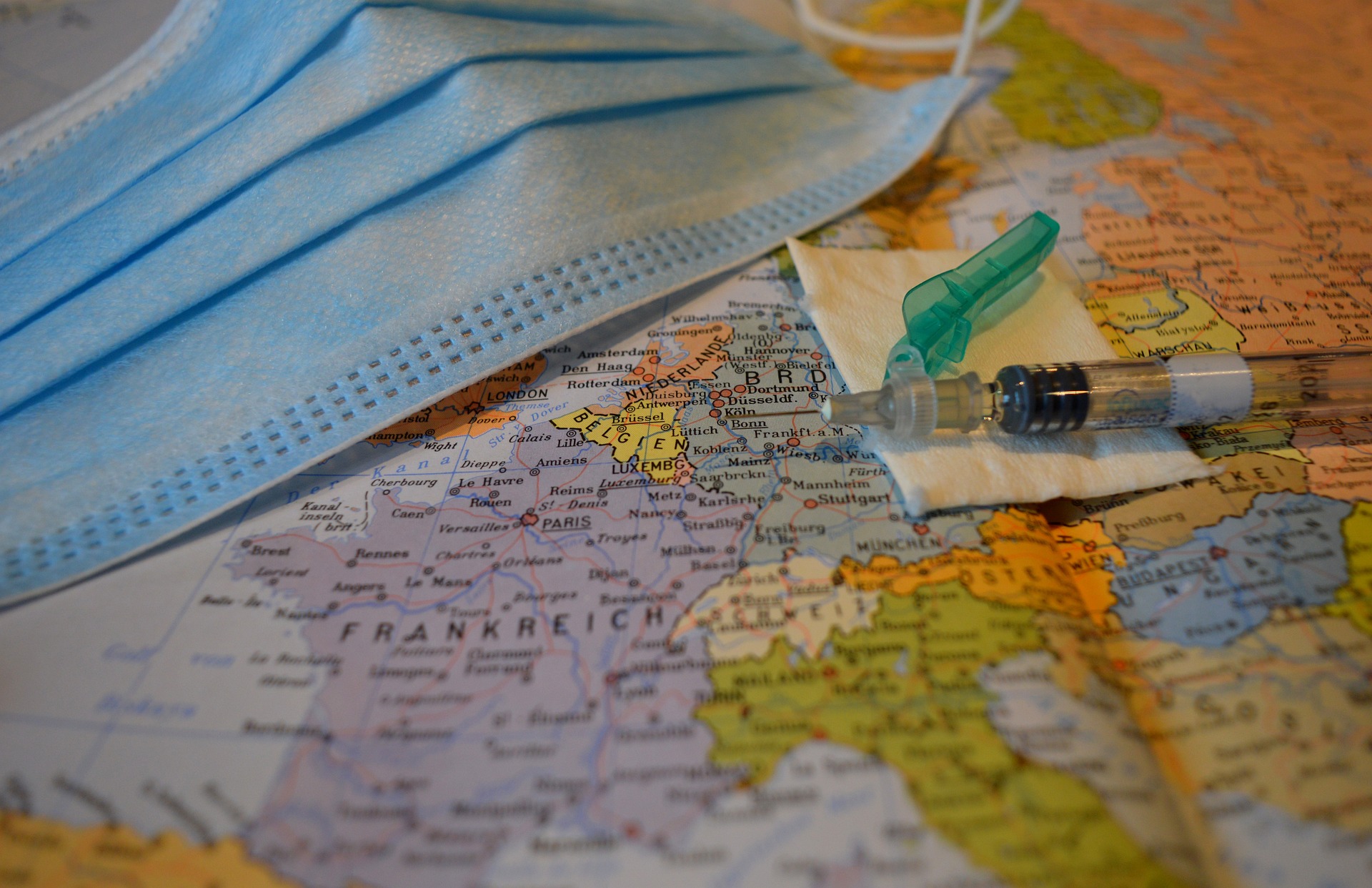Asian Accords to Halt COVID’s Future Development
The onslaught of COVID-19 was very different from SARS. SARS had minimal impact on the global economy and was hurriedly contained before it had a devastating impact. But COVID-19 began in an era where China was the global manufacturing hub for most goods produced in the world and also the heart of global supply chains.
By the time the WHO had labelled COVID-19 a pandemic, the virus had already spread to far corners of the earth. Jump to 2022, and many are assuming the virus has slowly started to wean. International borders have been flung open for trade and international tourists.
Perhaps this is what most would like to hear and believe. But this is far from the truth. The pandemic continues today, and is also mutating, making it further impossible for the global economy to return to normalcy.
Can Asia address the virus’ expansion? And how can the international community come together to help Asia in this global endeavor?
This forms the crux of one of the themes being discussed in the upcoming Horasis Asia Meeting, being held between 20 to 21 November in Kitakyushu, Japan. The event will host 400 of the foremost business and political leaders from across Asia and the world, as they discuss ways to revitalize Asia’s economy in building a resilient post-COVID Asia.
Concerning Stats
As of 29 Sept 2022, the number of COVID-19 cases have risen to more than 600 million globally, while the number of deaths have crossed 6.5 million. Two countries in Asia, i.e., India and Japan boast of a high number of confirmed cases. India has already crossed more than 44.5 million confirmed cases as of September 2022, while Japan has crossed the 21.1 million-mark.
This is concerning, considering India’s strong performance in developing and administering vaccines to most of their population. As of the end of September 2022, India had only completed the initial COVID-19 vaccination protocol on 67.4% of its overall population.
Additionally, what is presently being witnessed in the country is low adherence or total negligence towards COVID-19 protocols. Booster doses which will be required to continue containing the spread of the virus has only been administered to 15 people per 100 people as of September 2022 in the country. A low turnout is surprising considering that the effects of the vaccines last only few months and a follow up booster is needed to continue protecting the masses against a secondary flare up of cases.
Virus Mutating
The effort to slowly root out the virus is being further disrupted by new mutations. First it was the Alpha variant that kickstarted the long lockdowns and panic among societies, particularly in Asian countries, then it was the Delta variant that hit India and the US – slowing down chances of any recovery. And now it is the Omicron variant that has once again brought China to a standstill.
China’s zero-COVID policy was much publicized in the global forum. Some considered it a bold move in curbing and rooting out COVID-19 completely; while others, mostly citizens of the country were slowly growing agitated towards long community isolations and strict mobility restrictions.
The World Bank reduced China’s economic growth to 4.3% in 2022, due to the continuing economic shutdowns and mobility restrictions in the country caused by the persistence of COVID-19.
“It will never stop. As long as the virus is infecting something, it will keep mutating. That’s what viruses do. They mutate like everything else on the planet,” said Vincent Racaniello, a professor of microbiology and immunology at the Columbia University Vagelos College of Physicians and Surgeons.
Lasting Problem
Health experts warn that long-COVID is another issue that is expected to have dire consequences on the health of populations in the near future. COVID-19 will leave lasting health effects on some percentage of the population. And some of these health effects are fatal such as damage to lungs, causing persistent shortness of breath; ongoing heart problems; and kidney damage raising the risk of long-term kidney disease and the need for dialysis.
Asia must come together in eradicating the pandemic. This can be achieved by a robust framework where every person is administered the full dose of the initial vaccination followed by regular boosters to control infection and community spread.
Dr. Anthony Fauci, America’s top infectious disease doctor, said at a briefing of the White House COVID-19 response team on December 2021: “As we get more people vaccinated, not only here in this country but globally, we’ll see a situation where viruses will not have an opportunity, what they have right now, which is to essentially freely distribute and freely circulate in society, both domestic and global society. The more protections you get with vaccines, the less likelihood a virus has to do that, the less likelihood a virus has to mutate, the less likely you’re going to get a variant.”
The Horasis Asia Meeting follows on the heels of the Horasis India Meeting, held between 25-26 September 2022 in Vietnam. The India Meeting was attended by 400 leaders from both the business and government diaspora. To know more about the event, click here.
Photo Caption: Asia must come together in eradicating the pandemic




